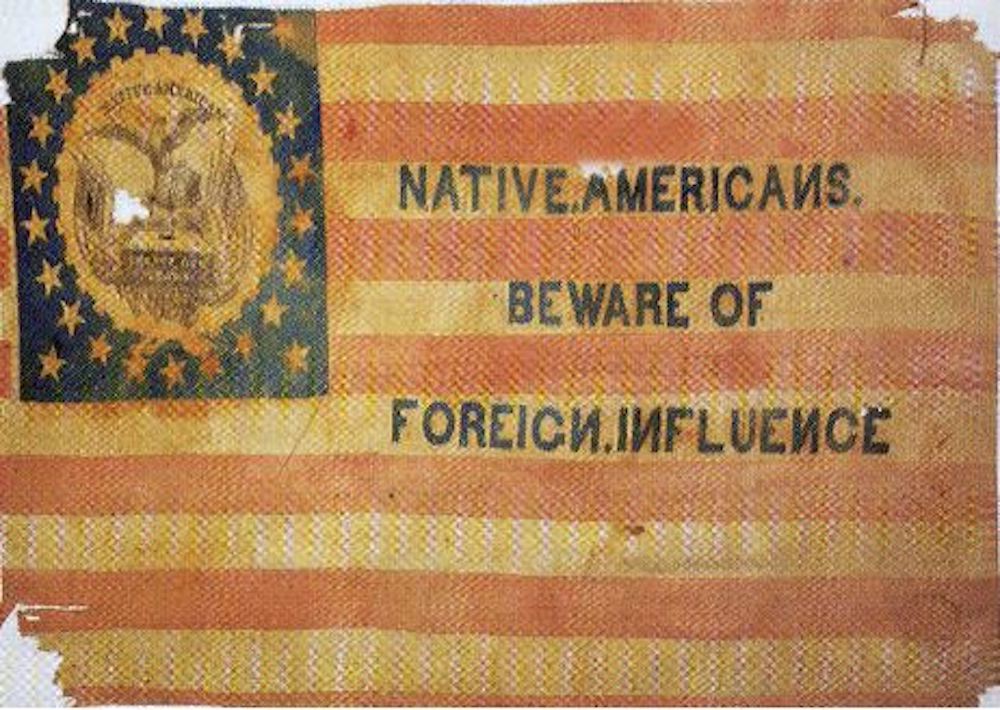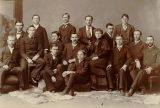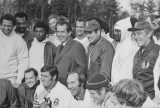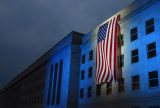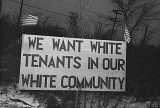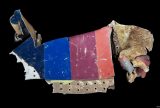How the Know Nothing Party Turned Nativism into a Political Strategy
In the 1840s and ’50s, Secretive Anti-Immigrant Societies Played on National Fears Fed by the Spread of Slavery
Though the United States is a nation built by immigrants, nativism—the fear of immigrants and the desire to restrict their entry into the country or curtail their rights (or both)—has been a central strain in the national fabric from the beginning. Nativism waxes and wanes with the tides of American culture and politics, with some eras exhibiting more virulent anti-immigrant activism than others.
But few eras have exceeded the 1840s and 1850s, when a ferociously anti-Catholic, anti-immigrant, and xenophobic secret society grew into a nativist political entity called the Know …




